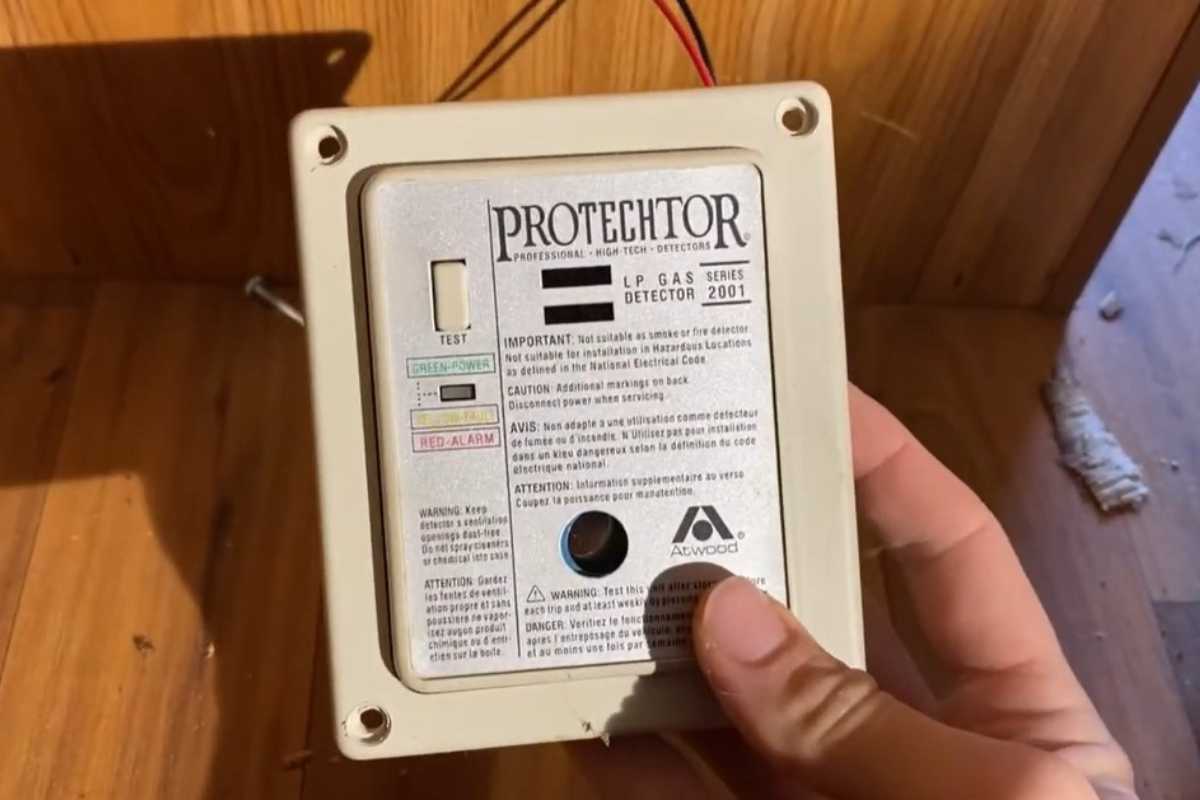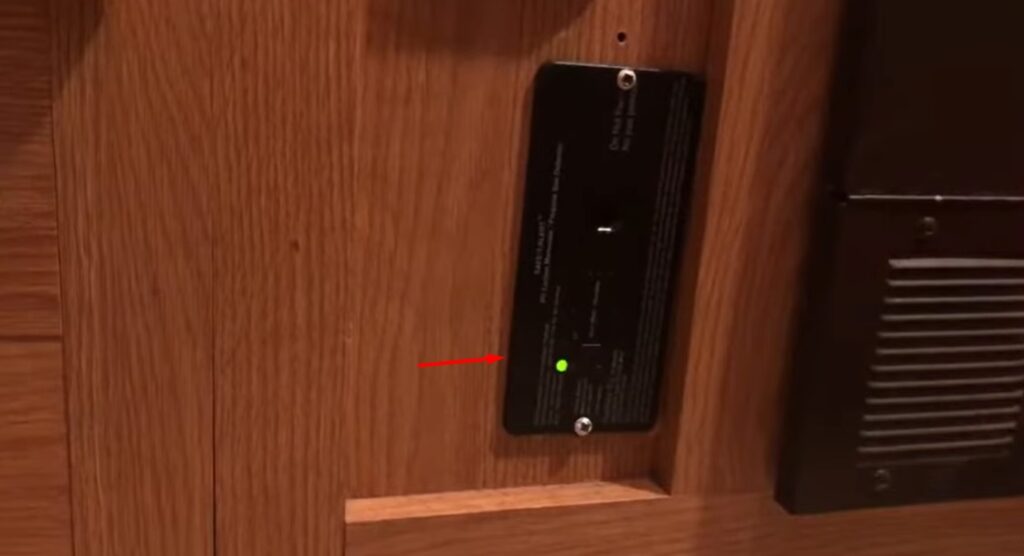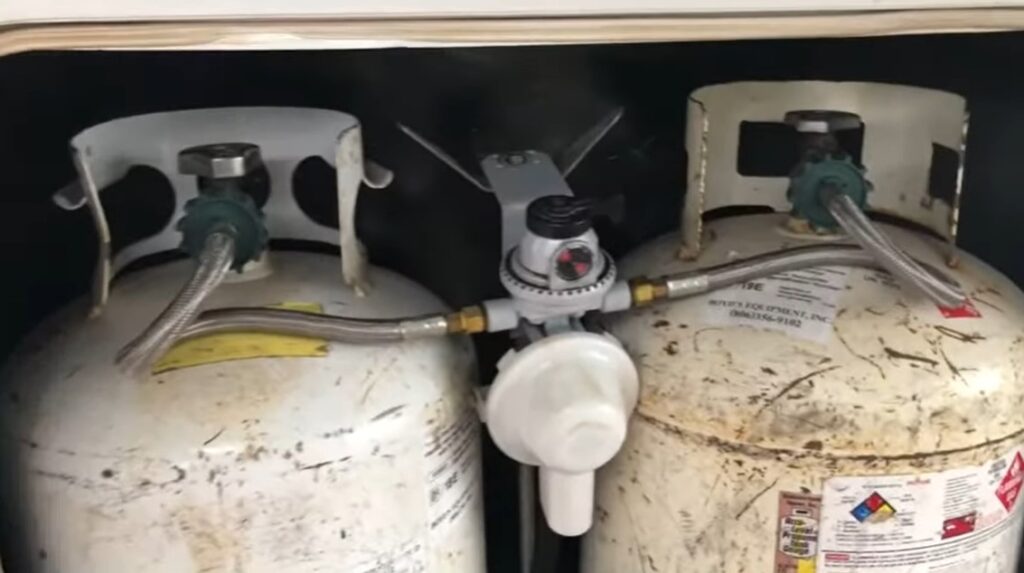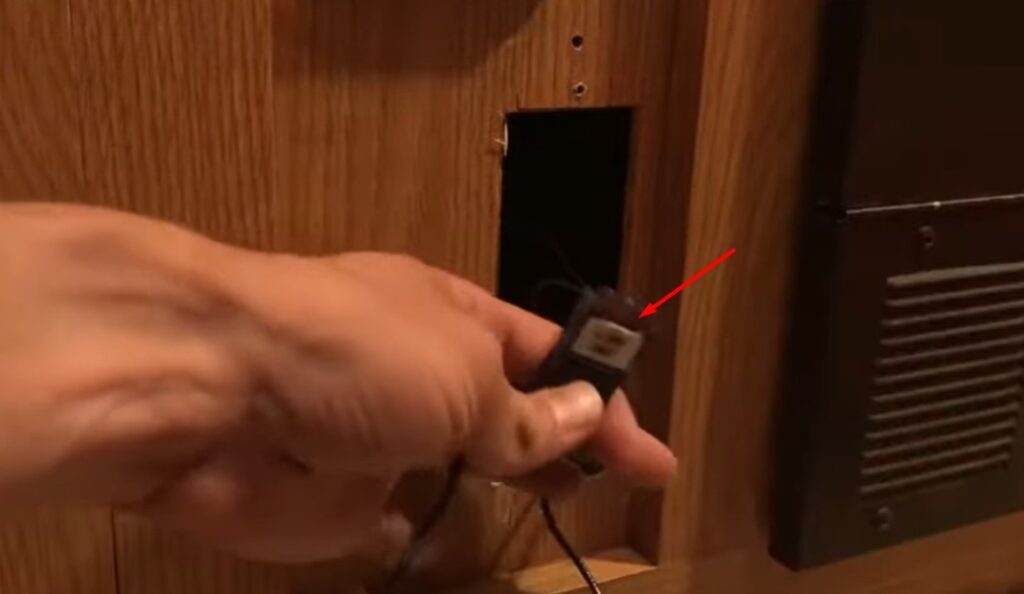Phone:
(701)814-6992
Physical address:
6296 Donnelly Plaza
Ratkeville, Bahamas.

Hello there! Have you ever been in your cozy RV, maybe playing with your toys or coloring your favorite pictures, and suddenly heard a loud beeping noise coming from your gas detector? Don’t worry, I’m here to explain why that happens in a way that even a five-year-old can understand!
Gas detectors are like superheroes that protect us from invisible dangers. They beep to let us know when something might be wrong, just like how your favorite cartoon hero alerts everyone when there’s trouble.

Imagine a tiny robot with super sniffing powers living in your RV. This robot can smell dangerous gases that we can’t see or smell ourselves. That’s what a gas detector does!
If you’re experiencing a beeping sound from your RV’s gas detector, it’s crucial to take this seriously. While I can’t diagnose the exact cause remotely, here are some potential reasons and steps you can take:
Possible reasons for beeping:

Note: Do not ignore a potential gas leak. If you smell gas or suspect a leak, evacuation and emergency contact are crucial. Prioritize your safety and the safety of others around you.
A beeping RV propane gas detector can be due to several reasons, some more serious than others. Here’s a breakdown of the potential causes:
Unfortunately, your RV alarm might not actually be a CO2 alarm. Most commonly, RV gas detectors are combination units that detect both carbon monoxide (CO) and propane (LP gas).
It’s crucial to differentiate the type of alarm you have before assuming it’s CO2, as the beeping could indicate different issues and safety concerns.
Here’s what you can do to identify the type of alarm and address the beeping:
Check the Alarm Itself:
Understand the Beeping Pattern:
If this occurs due to CO2 deposition, the possible causes might be poor ventilation, a malfunctioning appliance, or if the RV is parked in an enclosed space for an extended period.
Check for any sources of CO2 leakage, ensure proper ventilation, and consider installing additional detectors for added safety.
When you hear your gas detector beeping, it’s like a signal for action! First, don’t panic. Take a deep breath, just like when you’re blowing bubbles, and follow these steps:

Even superheroes need a bit of care to keep saving the day! Here’s how you can take care of your gas detector:
Regular Testing
Just like practicing your ABCs, it’s good to test your gas detector regularly. That way, you can make sure it’s always ready to beep if something’s wrong.
Replacing Batteries
When your gas detector asks for new batteries, it’s like giving it a tasty snack to keep it strong and healthy!
Professional Maintenance
Sometimes, superheroes need a check-up from other heroes. It’s important to have a grown-up who knows about RVs check your gas detector once in a while.
When an RV carbon monoxide detector goes off in the middle of the night, it’s likely detecting elevated levels of carbon monoxide in the air, which can be caused by a malfunctioning appliance, exhaust leaks, or poor ventilation.
Immediate action should be taken to ventilate the RV, turn off all gas-powered appliances, and evacuate if necessary.
If an RV carbon monoxide detector is beeping three times, it could indicate a low battery or a fault with the sensor. Check the battery first and replace it if necessary.
If the beeping persists, it may require further troubleshooting or professional inspection to identify and address the issue.
When an RV carbon monoxide detector beeps four times, it typically indicates a more serious problem, such as high levels of carbon monoxide in the air.
In this case, evacuate the RV immediately, seek fresh air, and address the source of the carbon monoxide before re-entering.
If an RV carbon monoxide detector is faulty, it may give false alarms or fail to detect actual carbon monoxide levels.
Troubleshoot the detector by checking for obstructions, ensuring proper placement, and testing it with a known carbon monoxide source.
If the issue persists, replace the detector to ensure continued safety.
When an RV carbon monoxide detector won’t stop beeping, it’s crucial to address the underlying cause promptly. Check for any signs of carbon monoxide leaks, ensure proper ventilation, and replace the battery if needed.
If the beeping continues, consider replacing the detector itself to ensure reliable detection.
If an RV carbon monoxide detector is flashing red, it could indicate a fault or a serious issue with the unit. Refer to the manufacturer’s manual for specific troubleshooting steps, but generally, flashing red lights should not be ignored and warrant immediate attention.
It’s important to note that disabling an RV carbon monoxide detector is highly discouraged, as it compromises safety. Instead of disabling it, address any issues causing the alarm, such as low batteries or faulty sensors. Regularly test the detector and replace it if it malfunctions or reaches the end of its lifespan.
Gas detectors might seem like small gadgets, but they play a big role in keeping us safe during our RV adventures. Remember, if your gas detector ever starts beeping, it’s just trying to keep you out of harm’s way!
When your gas detector beeps, stay calm, ventilate the RV, and check for signs of a gas leak. Regular testing and maintenance are crucial for keeping your gas detector in top shape.
Always remember the importance of proper ventilation and the installation of carbon monoxide detectors for added safety.
How often should I test my gas detector?
You should test your gas detector at least once a month to make sure it’s working properly.
Can I use my gas detector while driving?
Yes, it’s important to keep your gas detector on even while driving to ensure continuous safety.
How do I know if my gas detector is working correctly?
You can test your gas detector using the test button to ensure it’s functioning properly. Also, keep an eye on the indicator lights for any signs of malfunction.
Do gas detectors detect all types of gas?
Gas detectors are designed to detect specific types of gases, such as propane and methane. Make sure your gas detector is suitable for the gases commonly found in RVs.
Can I install a gas detector myself?
While some gas detectors can be easily installed by following the manufacturer’s instructions, it’s recommended to have a professional install it to ensure proper placement and functionality.